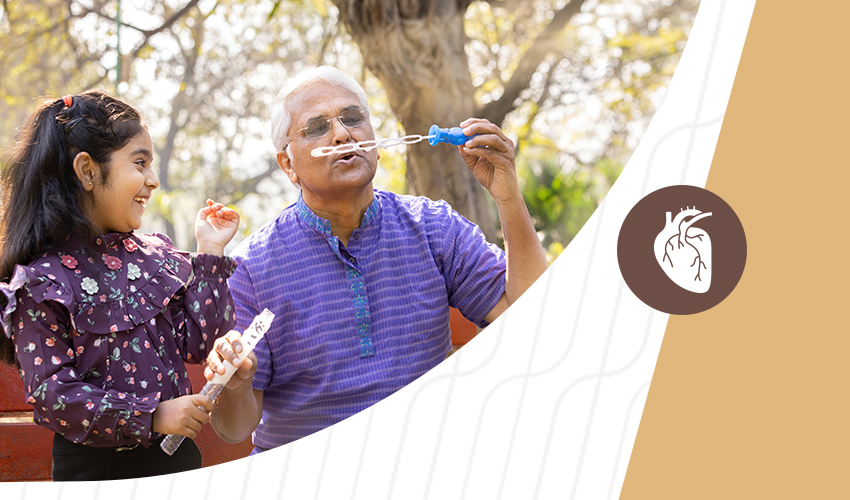- Our Doctors
- Our Specialities
Centres of Excellence
-
 Centre for Blood Diseases, BMT & Cancer Immunotherapy
Centre for Blood Diseases, BMT & Cancer Immunotherapy -
 Centre for Bone, Joint & Spine
Centre for Bone, Joint & Spine -
 Centre for Critical Care Medicine and ECMO Services
Centre for Critical Care Medicine and ECMO Services -
 Centre for Gastrosciences
Centre for Gastrosciences -
 Centre for Heart & Vascular Care
Centre for Heart & Vascular Care -
 Centre for Nephro-Urosciences
Centre for Nephro-Urosciences -
 Centre for Neurosciences
Centre for Neurosciences -
 Centre for Obstetrics and Gynaecology
Centre for Obstetrics and Gynaecology -
 Centre for Organ Transplantation
Centre for Organ Transplantation
Super Speciality
-
 Advanced Diagnostic and Interventional Radiology
Advanced Diagnostic and Interventional Radiology -
 Anesthesiology & Pain Management
Anesthesiology & Pain Management -
 Clinical Nutrition and Dietetics
Clinical Nutrition and Dietetics -
 Dental and Maxillofacial Surgery
Dental and Maxillofacial Surgery -
 Dermatology
Dermatology -
 Emergency and Trauma
Emergency and Trauma -
 Endocrinology and Metabolic Disease
Endocrinology and Metabolic Disease -
 ENT and Head & Neck Surgery
ENT and Head & Neck Surgery -
 Family Medicine
Family Medicine -
 General and Laparoscopic Surgery
General and Laparoscopic Surgery -
 General Medicine
General Medicine -
 Laboratory Medicine
Laboratory Medicine
-
- Key Procedures
- Our Hospitals
- International Patient
- Contact us
-
Quick Links


Cardiac Arrythmia
Arrhythmia is an irregular heartbeat. It can be too fast, too slow, or just irregular. It occurs due to improper working of electrical impulses that coordinate heartbeats. Arrhythmias are of different types:
- Tachycardia: Fast heart rhythm where the heart beats greater than 100 times per minute.
- Bradycardia: Slow heart rhythm where the heart beats less than 60 times per minute.
- Supraventricular arrhythmias: Arrhythmias that begin in the upper chambers of the heart are called “Atria”
- Ventricular arrhythmias: Arrhythmias that begin in the lower chambers of the heart called “Ventricles”.
Symptoms: Although there may be no symptoms though some people may experience:
- Fatigue or weakness.
- Dizziness or lightheadedness
- Fainting or near-fainting spells
- Rapid heartbeat or pounding in the chest
- Shortness of breath and anxiety
- Chest pain or pressure
Causes
- High Blood pressure
- Thyroid disorders
- Diabetes
- Smoking
- Excessive alcohol intake
- Excessive caffeine intake
- Drug overdose
- Congenital heart diseases
- Heart attack
Treatments
Uncompromised healthcare services. Always.
Meet Our Doctors
Experienced Medical professionals for a superior patient experience.
Frequently Asked Questions
Can arrhythmia be cured?
Medications are used to control abnormal heart rhythms; ablation procedures can cure some types of arrhythmia completely. Once treated, whether, through ablation or ongoing medications, most patients with a heart rhythm issue can return to their normal activity levels.
Is arrhythmia a serious problem?
Most people have experienced arrhythmia or irregular heartbeats. Although usually harmless, sometimes an arrhythmia increases your risk of a more serious heart condition.
What is the difference between heart palpitations and arrhythmia?
A heart that beats irregularly, too fast, or too slow is experiencing an arrhythmia. Palpitation is a short-lived feeling like a feeling of a heart-racing or of a short-lived arrhythmia. Palpitations may be caused by emotional stress, physical activity, or consuming caffeine or nicotine.

 +91 9393 108 108
+91 9393 108 108
















































